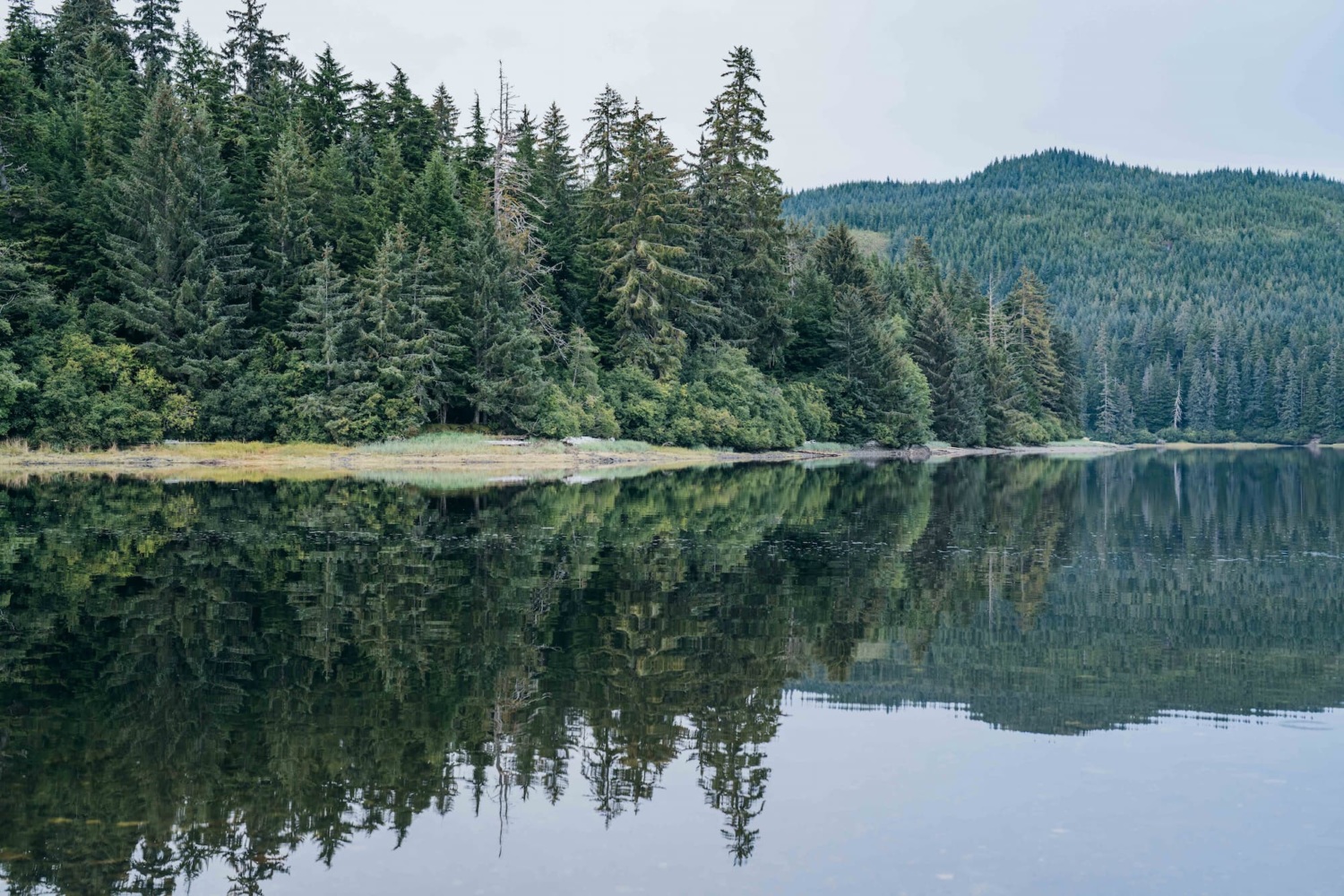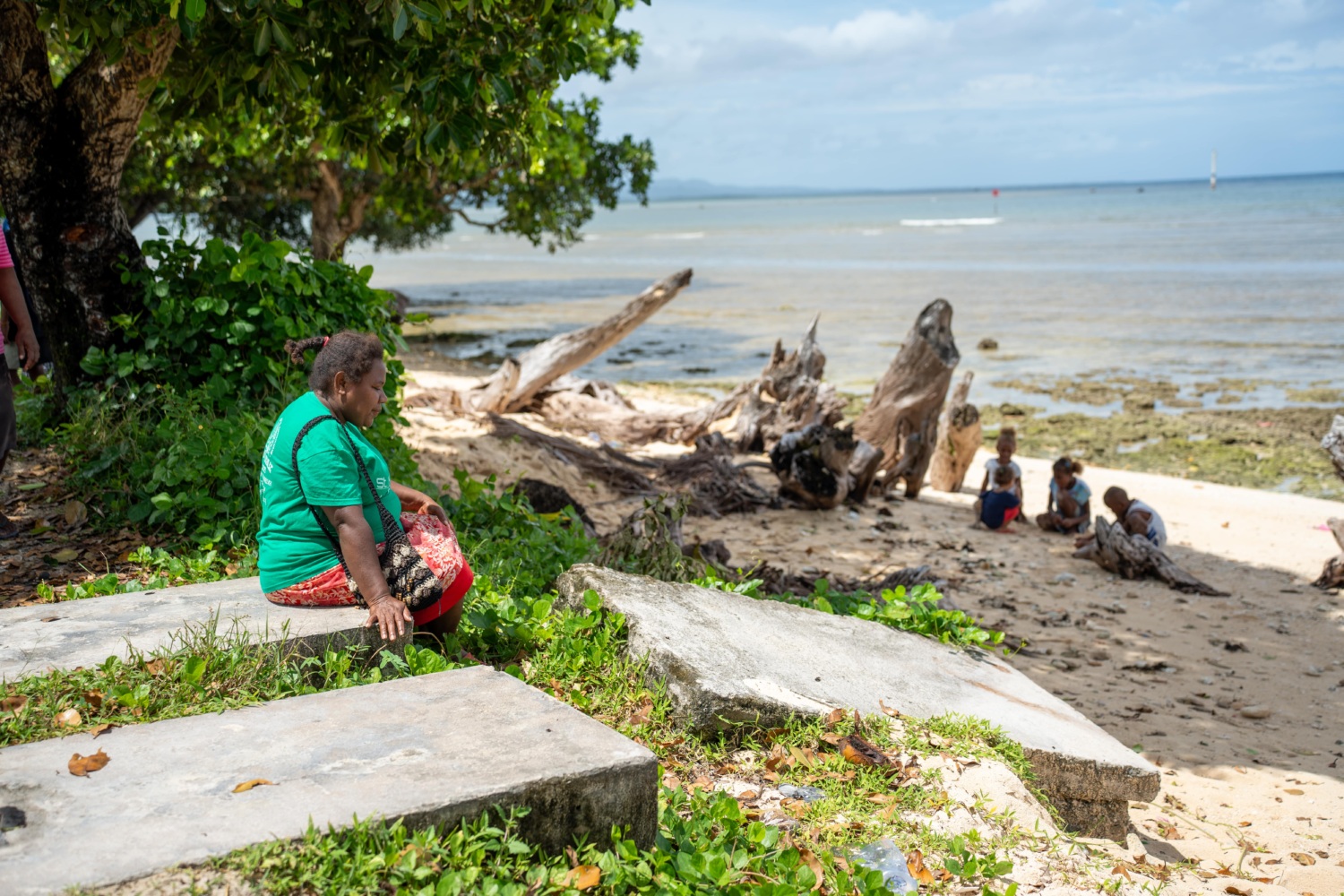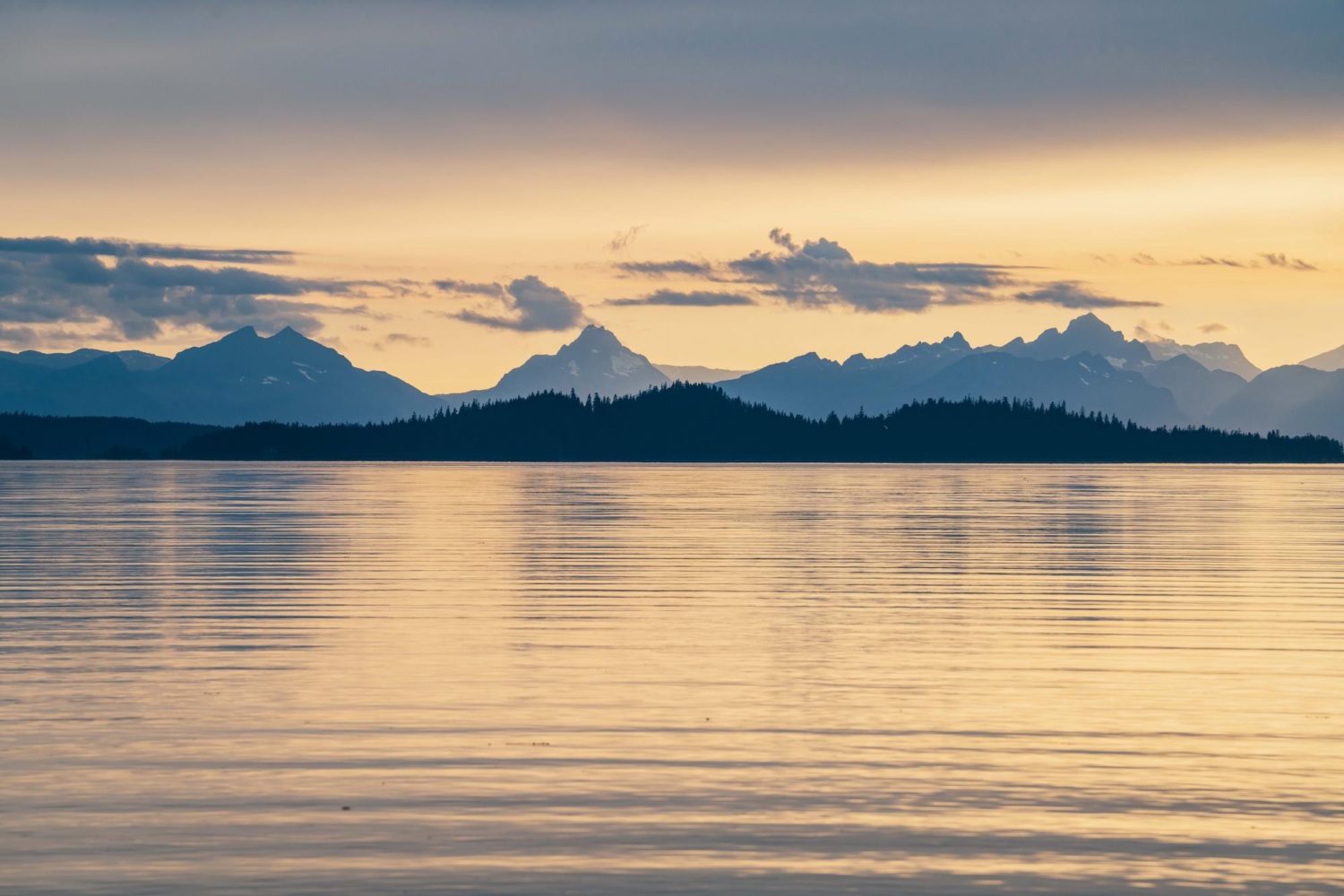Everything carries spirit. I look at trees, birds, rocks, bears, as my equals. The only difference between them and me is that I can type.Marina Anderson, a Haida and Tlingit woman from Prince of Wales Island in Alaska
But in scientific literature and studies, the Indigenous perspective is rarely acknowledged, respected, or published.
Indigenous cultures place weight upon oral tradition. Knowledge is passed from generation to generation through story-telling. There is no need to write essays or laws about their relationship with nature, because it is lived and breathed.
This cultural practice means that historically, Indigenous knowledge is not recognized, simply because it isn’t typically written down. In the western world, a published researcher or a lawmaker is taken seriously, while an Indigenous elder carrying knowledge that has been passed down for millennia is not.

Thousands of years of Indigenous knowledge on solutions for mitigating and adapting to the climate crisis are not being utilized, simply because they are carried and communicated differently.
The voices of Indigenous Peoples have historically been marginalized and ignored when it comes to policy-making, despite the United Nations acknowledging the importance of their traditional knowledge and how it is not consistently reflected in existing mitigation efforts.
Yet these are the people who are the original stewards of the planet’s biodiversity, lands, and waters.
While they account for only 5% of Earth’s population, they manage an estimated 20-25% of Earth’s land surface that contains approximately 40% of all terrestrial protected areas and ecologically intact landscapes.
There is not a more important segment of society with a more critical role in stewarding the Earth and its biodiversity.
This is compounded by the cruel irony of their having contributed the least to the crisis, yet are suffering the most. Their ways of life, their culture and their ability to continue subsistence living are all under great threat from the worsening environmental and biodiversity crises. For example, Home Planet Fund’s partners in the South Pacific are watching, powerless, as the graves of their ancestors are being washed out to sea due to rising sea levels.

Yet, when it comes to adapting to global sea level rise, they are leaders of adaptation.
Our partners in Southeast Alaska rely heavily on their subsistence lifestyle as a way to offset extremely high food prices in the remote villages where they live. They are very concerned about impacts from the climate crisis upon the salmon they fish, and the moose they hunt for their food.
The need for representation of Indigenous Peoples and Local Communities in the policy-making process has never been greater.
Home Planet Fund’s entire philosophy is reliant upon listening to, honoring, and supporting the voices of our partners: Indigenous Peoples and Local Communities. We know these are the people who have the best, most sustainable solutions for mitigating and adapting to the crises that are now upon us.
Our Tlingit, Haida, and Tsimshian partners, stewards of the Tongass rainforest of Southeast Alaska, are busy with projects like rehabilitating streams impacted by clear-cutting so that salmon can once again return. A Native-led food sovereignty movement is well underway, where traditional potato gardens, clam gardens, and local economies are being revived.

In the South Pacific, our partners in the Solomon Islands are leaders in adapting to rising sea levels. They are finding new ways to grow food, as well as other Home Planet Fund partners in the South Pacific who are planting seagrass and mangrove forests to mitigate climate impacts, as well as sequester carbon.
These are just a few examples of the solutions already being implemented by our partners, who are a living example of how best to meet the growing environmental challenges that are upon us. These are the people who have always known how to live in relationship to the lands and waters they have stewarded for millenia. They were seeing the warning signs of the environment and biodiversity crises before these terms were invented, and their working knowledge–refined over thousands of years–needs to be part of the conversation when it comes to making policy that addresses the environment and biodiversity crises.
By honoring Indigenous voices in this way, we not only begin restoring the injustices against these communities and recognizing their rights and expert knowledge, but also begin to uncover the solutions to these crises.
Home Planet Fund is already funding Indigenous projects around the world, and is actively building new relationships with new partners who are applying their Indigenous knowledge to work to heal the planet.
We hope for a future where Indigenous knowledge shapes climate policy around the world.
